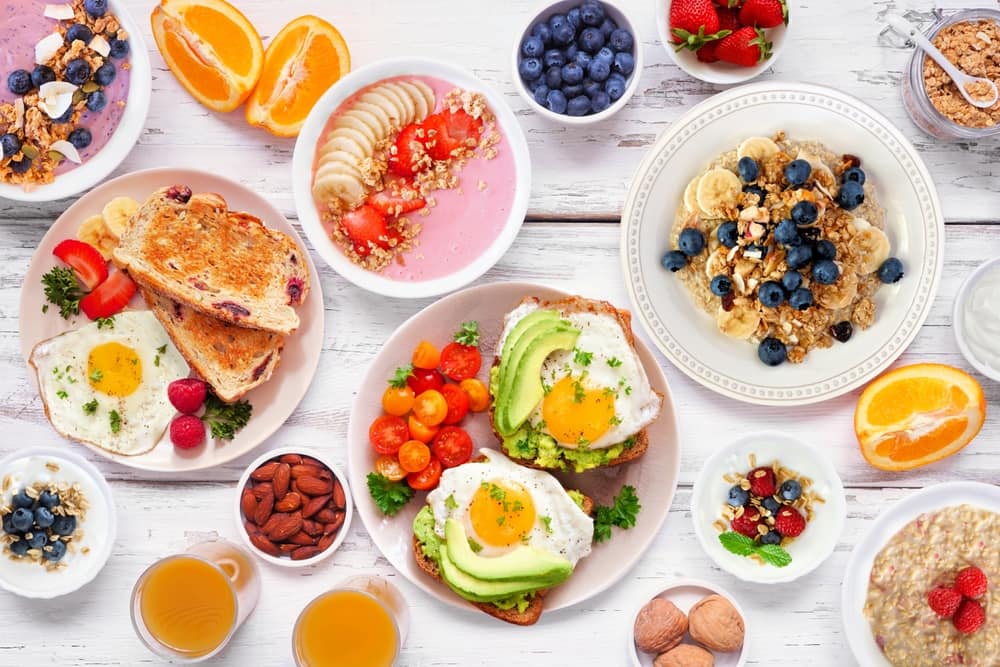The Best Food Sources for Essential Vitamins and Minerals
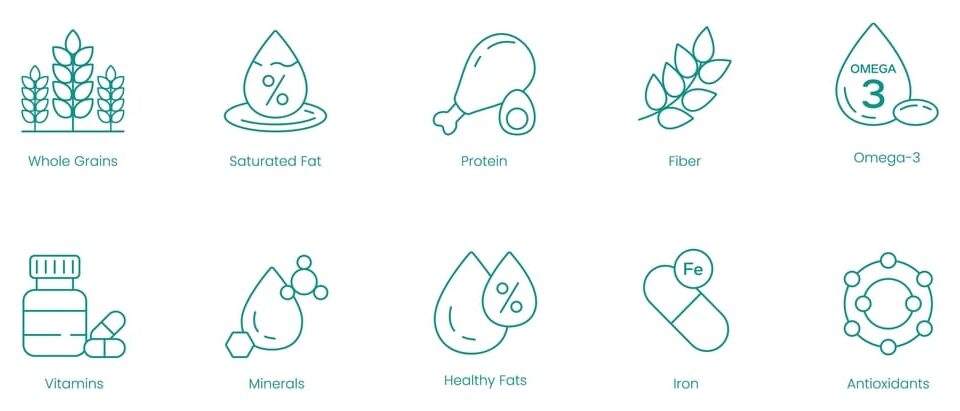

The best food sources of essential vitamins and minerals that can help boost your health and well-being. These days, when everyone is constantly rushing, it is essential to take in the right amount of vitamins and minerals for one’s health to be optimal.
According to the World Health Organization (WHO), 2 billion people globally suffer from vitamin and mineral deficiencies.
Even though you can get supplements, eating whole foods is usually better. This is because of the synergy of different substances present in natural sources. This article highlights key vitamin and mineral sources and shows how to add them to your diet. The Best Food Sources for Essential Vitamins and Minerals fuel your body naturally with nutrient-rich foods that promote lasting health and vitality.
Best Food Sources of Essential Vitamins for Overall Health
Vitamin A – Foods That Support Vision and Skin Health


Vitamin A supports vision, immunity, and skin health. Its two basic formations are retinol, from animal sources like liver and eggs, and beta-carotene, found in plants such as carrots and sweet potatoes. It is also responsible for promoting cell growth and reproduction. Low vitamin A can cause night blindness or dry skin, so eat colorful vegetables and fortified foods regularly.
Vitamin B Complex – Key Nutrients to Boost Energy and Brain Function
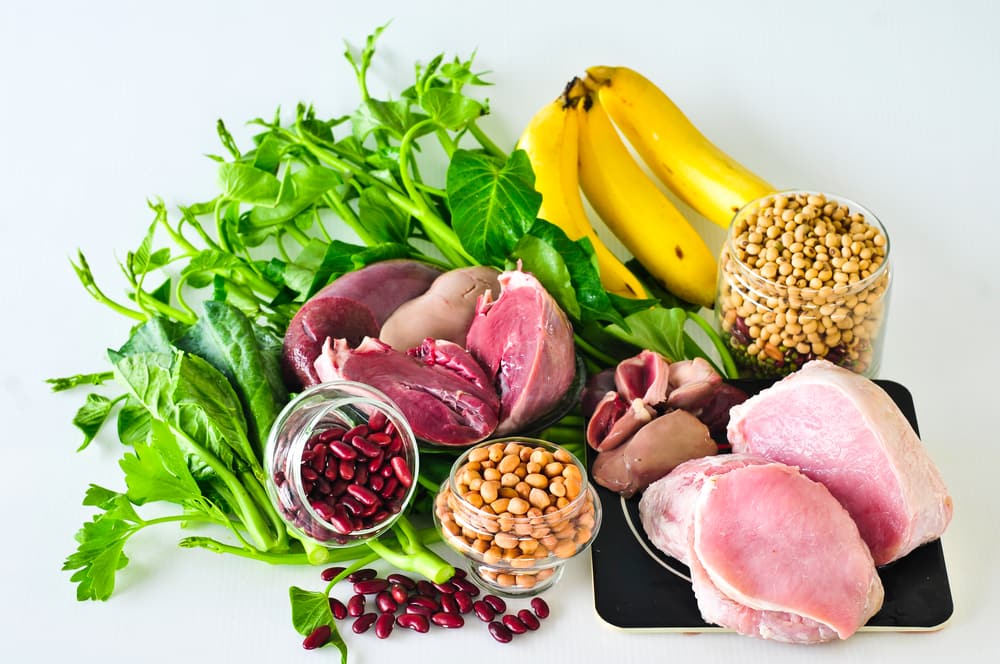

The B complex includes eight vitamins that boost brain health, metabolism, and energy. These vitamins are found in whole grains, eggs, leafy greens, and lean meats and are responsible for reducing fatigue, enhancing mood, and nourishing the skin and nerves. Since B vitamins are water-soluble, eat balanced meals daily or take supplements if needed.
Vitamin C – Immunity-Boosting and Antioxidant-Rich Foods


According to the CDC, Vitamin C is a powerful antioxidant that protects cells and enhances immune function.
Vitamin C is an antioxidant with immunostimulant, collagen-forming, and iron-absorbing properties. It shields the cells from destruction and is also capable of quickening the process of wound healing. Get vitamin C from citrus, strawberries, bell peppers, and broccoli to fight illness and stay strong.
Vitamin D – Top Dietary Sources and Sunlight Benefits


Research by the NIH highlights that Vitamin D is essential for maintaining bone health and strength.
Vitamin D is a special participant in calcium intake, providing strong bones and teeth. It also supports the immune system and might help one control mood. Production of vitamin D happens through skin exposure to sunlight. Vitamin D also is present in oily fish, egg yolks, and in any type of fortified foods. Adequate vitamin D helps prevent bone disease and supports overall health.
Vitamin E – Antioxidant Foods for Cell Protection and Skin Health


Vitamin E is greatly known for its abilities to protect cells from damage as result of oxidation and to boost the performance of the immune system. According to various sources, the nutrient can also improve skin and eye health. Nuts, seeds, spinach, and vegetable oils are recommended dietary sources. Vitamin E has been shown to help reduce inflammation and, simultaneously, as a long-term cellular health and vitality booster if ingested in adequate amounts through a well-balanced diet.
Vitamin K – Leafy Greens and Other Bone-Supporting Foods
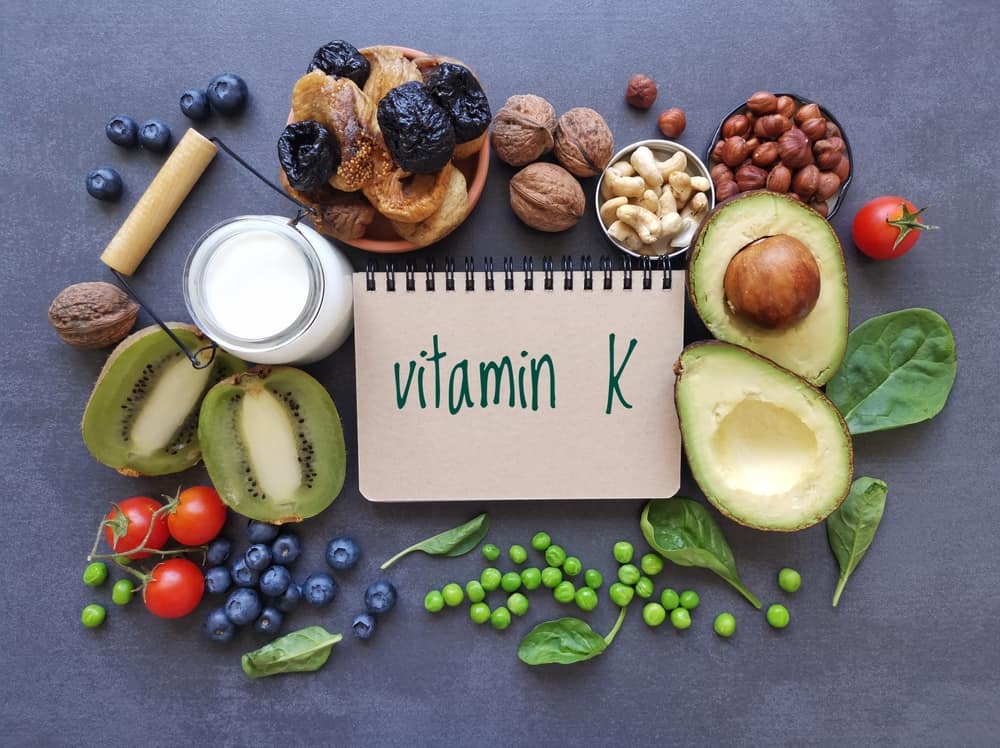

Vitamin K is vital in stopping blood flow and improves bone health by helping in the absorption of calcium. Vitamin K helps stop bleeding and strengthens bones by aiding calcium use. Vitamin K-rich food, including leafy vegetables such as kale, spinach, and broccoli, helps absorb the vitamin in your body. This way, your body will be supplied with the vitamins to heal correctly and get the strength it requires for the bones.
Best Food Sources of Essential Minerals for Energy and Strength
Calcium


Calcium is indispensable for constructing and safeguarding healthy bones and teeth. It is likewise incredibly beneficial for muscle-providing support, nerve-signal-conducting capability, and heart well-being. Calcium is necessary for the development and maintenance of bones and teeth and also helps in nerve, muscle, and heart function. Besides dairy, get calcium from leafy greens and plant-based milk.
Iron


Iron is crucial for creating hemoglobin, the substance in the blood transporting oxygen. It also sustains energy levels and keeps cognitive functions working. The best sources include beef, chicken, legumes, spinach, and whole-grain cereals. Animal-sourced iron is generally absorbed more easily; however, it significantly increases absorption when combined with vitamin C from plant-based sources. Moreover, maintaining the proper iron levels in our body keeps away fatigue, which is the main symptom of anemia.
Magnesium


A study by Harvard T.H. Chan School of Public Health indicates that Magnesium is crucial for over 350 bodily functions.
Eat beef, chicken, beans, and spinach to boost iron intake. The mineral is also instrumental in maintaining heart health and regulating blood pressure. Magnesium supports over 300 body functions, including muscles, nerves, and energy production. Eat leafy greens, nuts, seeds, and whole grains for magnesium.
Potassium
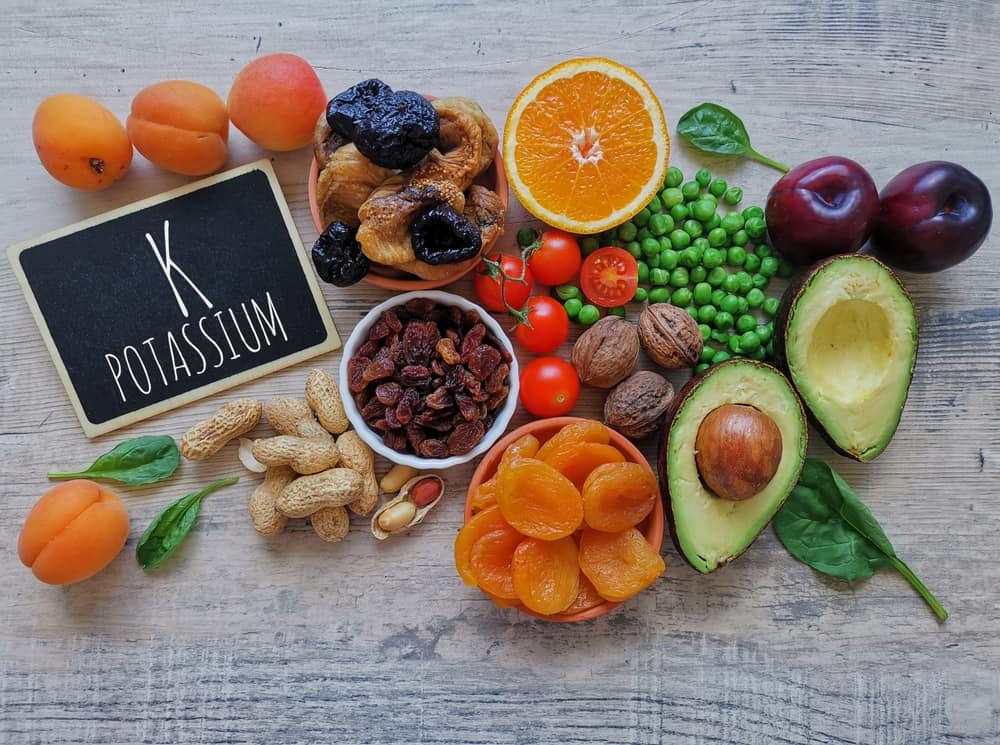

The American Heart Association (AHA) published research emphasizing the importance of Potassium for heart health.
Magnesium helps ease cramps, improve sleep, and boost wellness. Furthermore, it helps regulate blood pressure by neutralizing the effects of sodium. Some foods high in potassium are bananas, sweet potatoes, spinach, avocados, and beans. Just the right amount of potassium in your diet may lead to the prevention of muscle cramps, heart health support, or the decrease of hypertension risk.
Zinc


It also helps lower blood pressure by balancing sodium. Additionally, it is significantly required in cell growth and division. Eat oysters, meat, nuts, beans, and dairy to get enough zinc. Enough zinc in your diet helps keep your immune system strong, care for your skin, and contribute to normal human growth and development.
How to Add the Best Sources of Vitamins and Minerals to Your Diet Naturally
To achieve good health, you must watch your diet and take the nutrients that supply you with energy. Knowing what these minerals and vitamins can be found in, you can eat in a beneficial way that is good for your general health. For better health, focus on nutrient-rich foods that energize your body. Good health comes from smart food choices and consistent healthy habits. When people choose foods that nourish them, they take control of their well-being.
The Best Food Sources for Essential Vitamins and Minerals – Discover how everyday foods can powerfully support your energy, immunity, and overall well-being.







